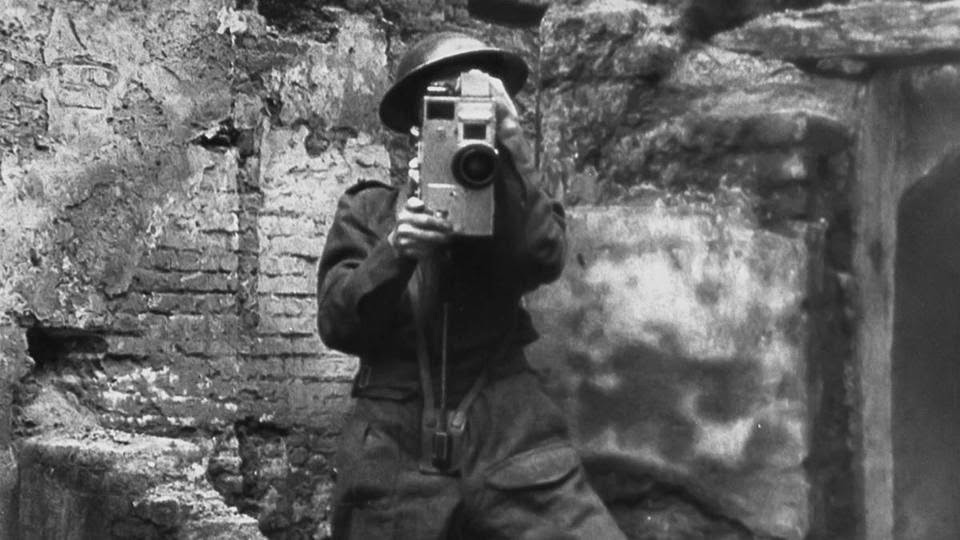Greetings from the Ledge: A Pop-Up Museum

I was running an administrative errand in a building I visit only infrequently on campus when I came across a small DIY pop-up exhibit commemorating numerous victims of racist violence. Welcome to The Ledge Gallery, folks. This makes me glad. It is simple. It is somber. It is done with a very sparse curatorial hand --- no labels, no descriptions. The images speak for themselves. The images speak to those who stop, who look, who listen to what the they say. A memorial card for Malcolm X holds the center of the tableau. It forefronts "Our Black Shining Prince," the name Ossie Davis chose for Malcolm X in the eulogy he delivered at Faith Temple Church of God in February, 1965. Davis famously likened X to Jesus and called on supporters to continue his work when he exhorted, " what we place in the ground is no more now a man—but a seed-which, after the winter of discontent, will come forth again to meet us. And we will know ...

